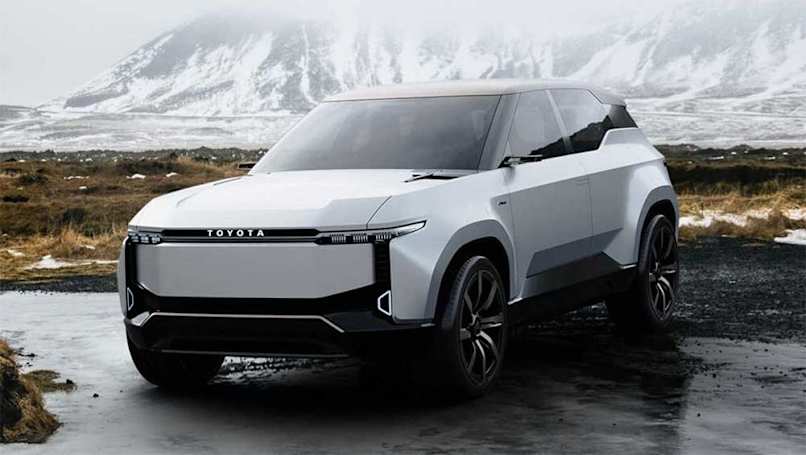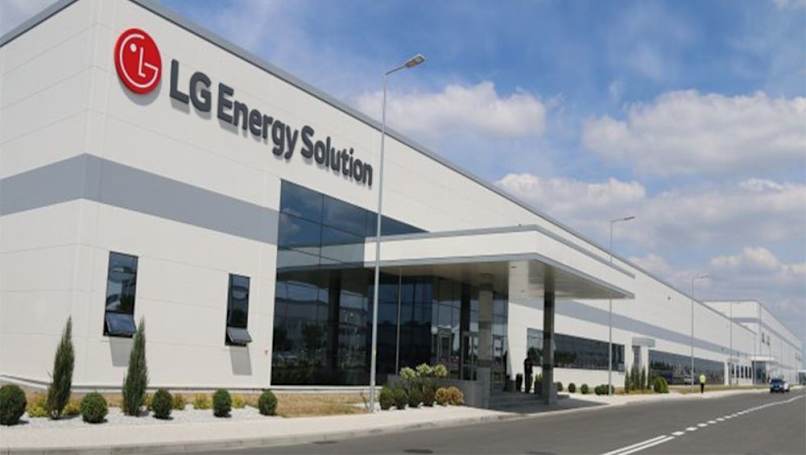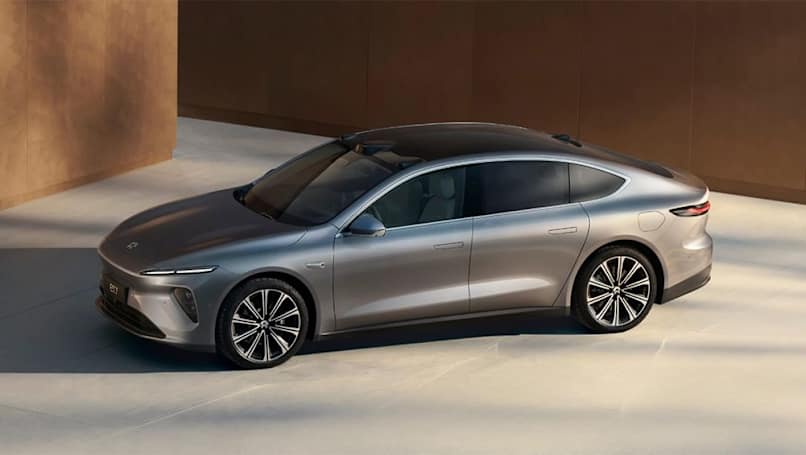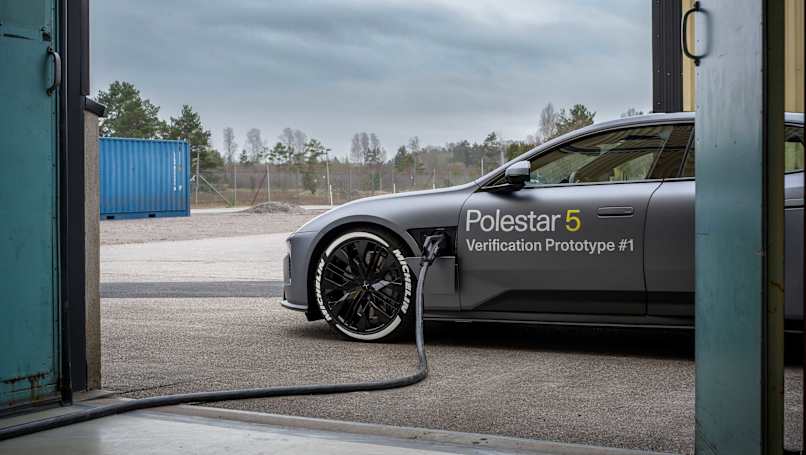
The new car sales winners of 2024: Toyota, Mitsubishi, Ford, BYD, Suzuki, GWM and more!
The Australian new car market is more competitive than ever before and the 2024...
Browse over 9,000 car reviews

There is a revolution brewing in the electric car game.
Multiple makers from all over the world are sharpening their tools behind closed doors to solve some of the biggest issues afflicting the emerging technology: from slow charging, high costs and short driving ranges.
New hi-tech batteries are at the forefront with some of the biggest carmakers in the world claiming they’ll make EVs cheaper, faster to charge and provide driving ranges of more than 1000km.
Some say they can cut charging time significantly, while others have an outside-the-box idea on how to make topping up EVs more convenient.
It’s an exciting time in EV land and these changes will drastically alter the cars we drive in the next five years, but the world's two biggest EV makers - Tesla and BYD - could have missed the boat.

Most carmakers are betting big on this hi-tech battery to solve their EV worries.
Solid state batteries are considered to be the silver bullet for mass electric car adoption and the benefits are massive.
The potent cells are lighter, smaller, faster charging, more energy dense than current lithium-ion units and capable of delivering a claimed range of more than 1000km.
Solid state batteries are also claimed to be safer and less fire prone than current units.
This is achieved by using a solid electrolyte instead of a liquid or gel used in conventional units.
Some of the biggest names in the game are tipping serious cash into developing these new cells, including Toyota and Nissan.
Toyota has previously said to look out for 2027 for the first application of solid state batteries in a production vehicle, while Nissan is targeting 2028.
These batteries are likely to be the catalyst for an electric off-road 4WD, ute and next-generation GT-R supercar.
Volkswagen is also going large on solid state batteries. It has teamed up with US company PowerCo to buy enough batteries to potentially fit to one million vehicles
There is no indication on when the hi-tech power packs would be fitted to VW vehicles but PowerCo has been testing and developing prototype batteries for several years.
Chinese brand GWM revealed at its annual general meeting earlier this year that it has made a small capacity solid state battery.
It claimed the batteries are well suited to use in electric cars but need to be scaled up.

LG is synonymous with high quality electronics and it is also one of the world’s largest battery manufacturers.
It recently announced a new Tesla trumping technology, which it claims will make batteries much cheaper to build that, in turn, will make for cheaper EVs.
LG claims it has developed a dry coating method for batteries, which sounds extremely boring but it has big ramifications for the EVs we could be driving.
Dry coating refers to the process of making the anode and cathode, which facilitate a charge to travel through an electrolyte.
It is far less energy intensive than the current wet coating method and doesn’t require toxic solvents, which makes them much more environmentally friendly.
Tesla has been working on perfecting this method since 2020, but has so far fallen short.
LG is expected to start producing the budget friendly batteries by 2028

One brand isn’t changing the batteries but rather how they are charged.
Chinese brand Nio - which has a toehold in Europe - has developed a method to swap out a depleted battery for a fully charged one. The process is claimed to take about 5 minutes.
This process, done at an expanding network of facilities, removes the need for owners to visit fast charging stations that can take 30 minutes to add 70 per cent capacity.
It also removes other charging bug bears such as broken charging stations, long lines during peak periods and poor user etiquette.

StoreDot, an Israeli company that specialises in lithium-ion battery technology, has successfully trialled a revolutionary new battery that is capable of ultra fast charging.
In a world first demonstration, a Polestar 5 prototype vehicle fitted with the company’s battery was able to recharge from 10 to 80 per cent in 10 minutes, or the equivalent of 320km of driving range.
StoreDot said its battery held a rate of charge of more than 310kW the entire sessions before peaking at 370kW at 80 per cent.
Current EVs charge in more of a curve, starting slow and peaking for a short period before scaling down again. This is done to preserve the battery and manage overheating.
Other carmakers claim their vehicle can take on electricity at 350kW but in the real world this usually peaks for a short time at about 230kW.
StoreDot said its silicone dominant battery cells don’t require special cooling functions and their structure provides improved cooling ability.
Comments